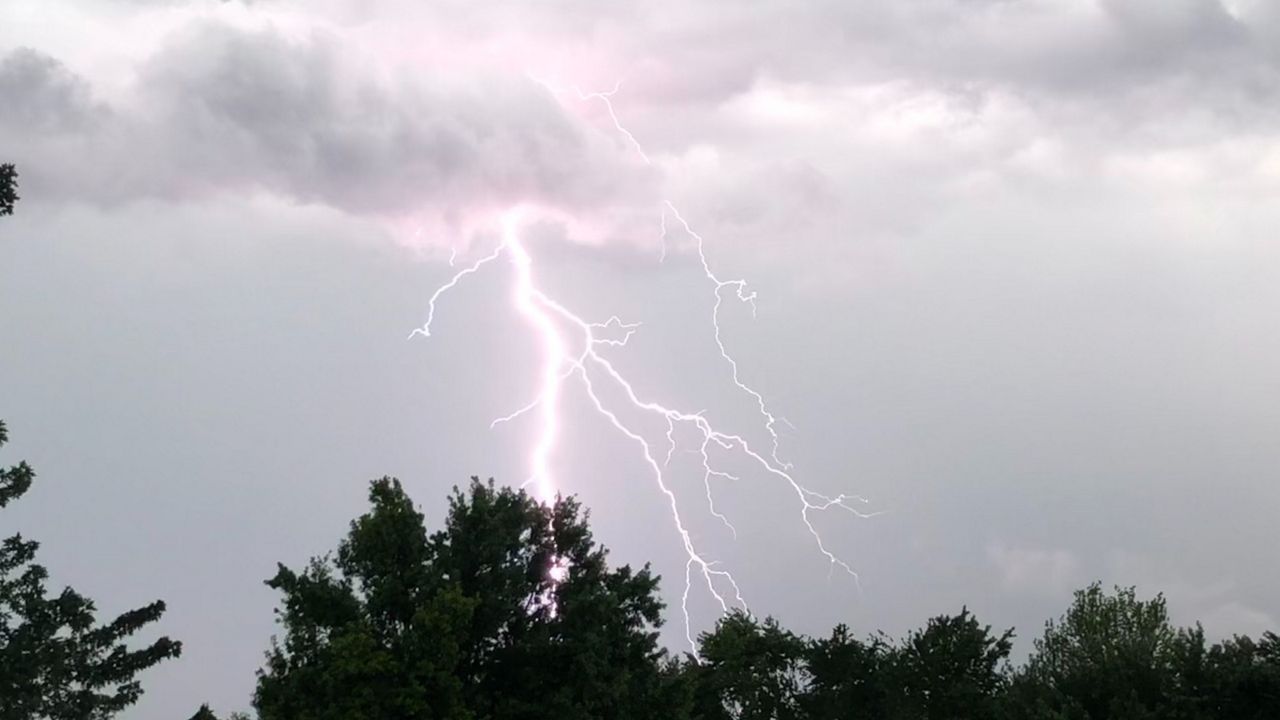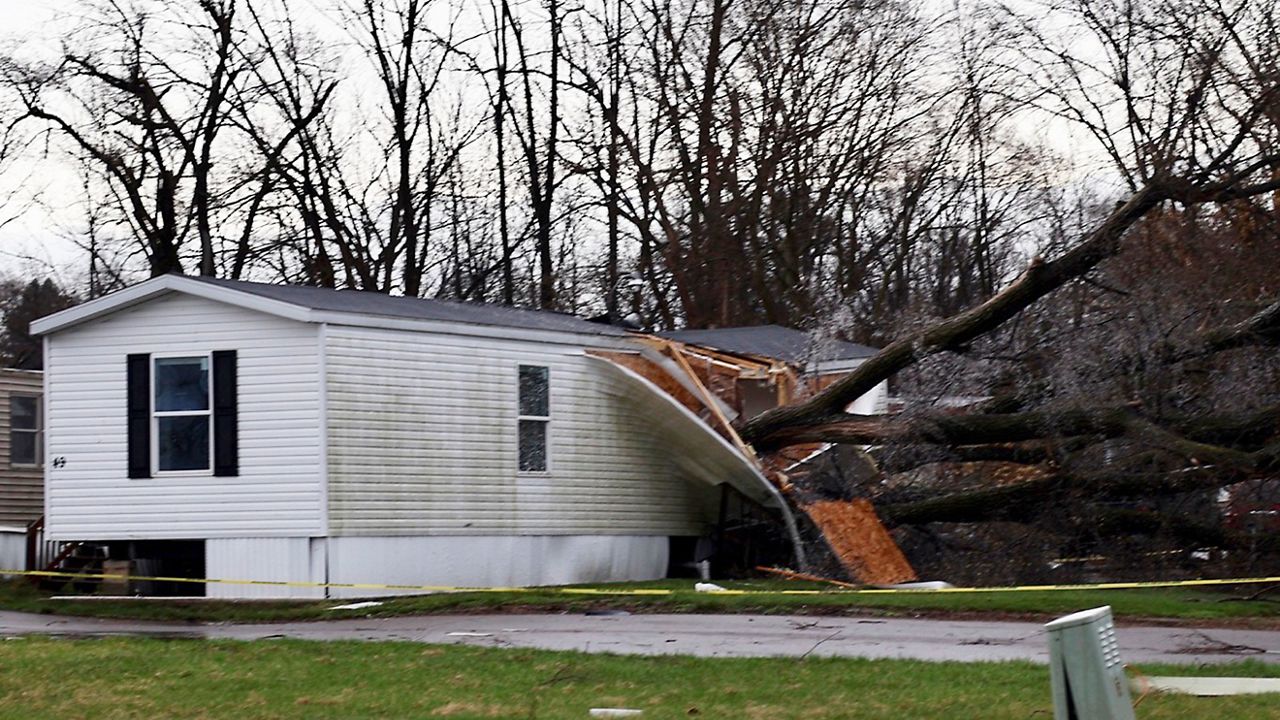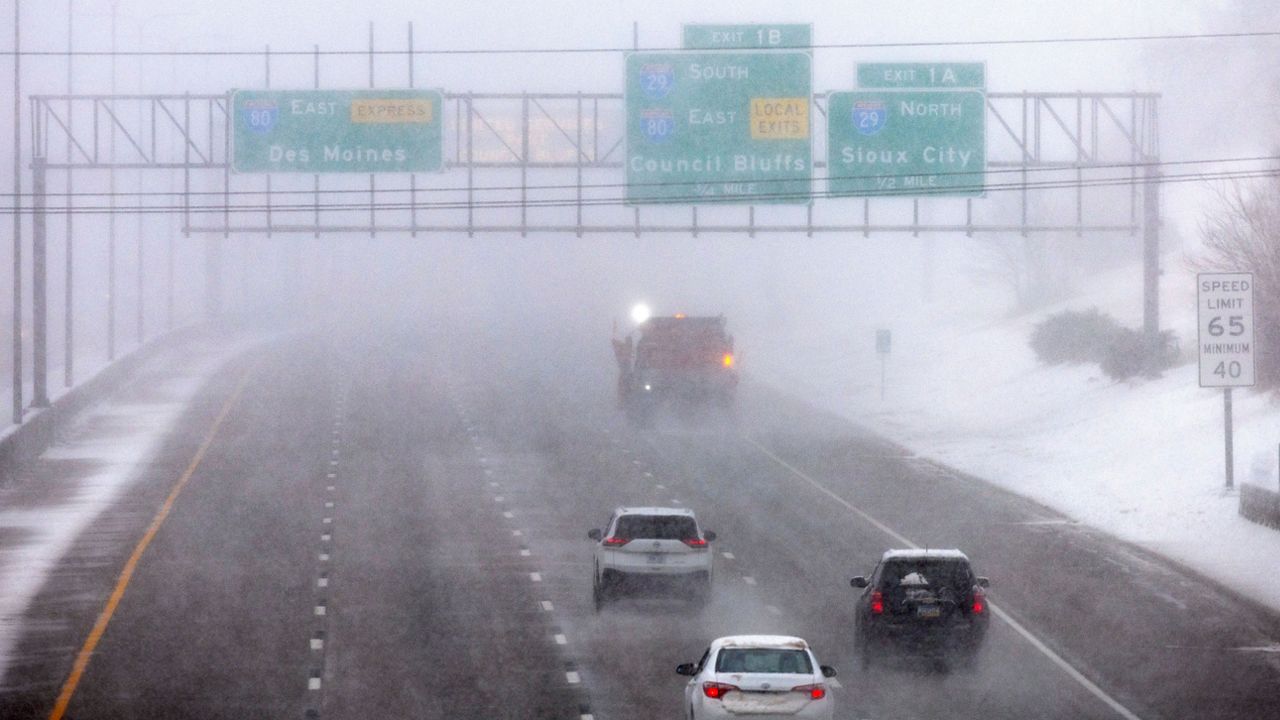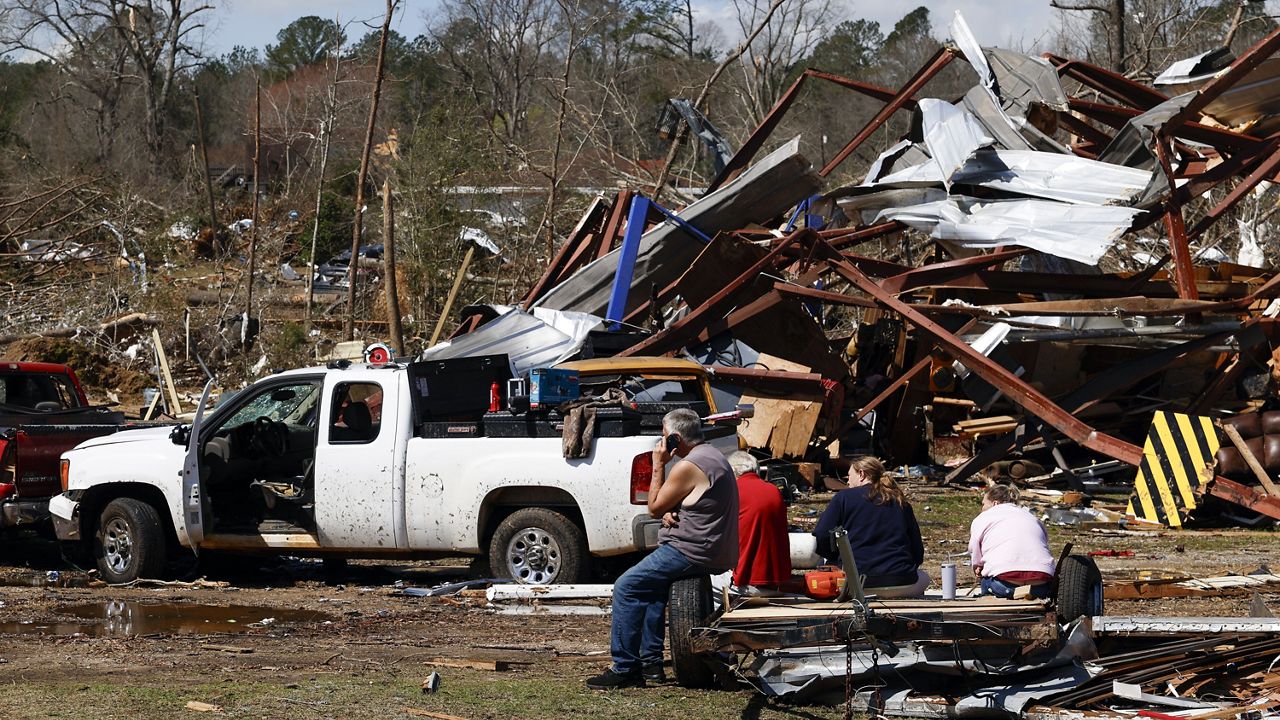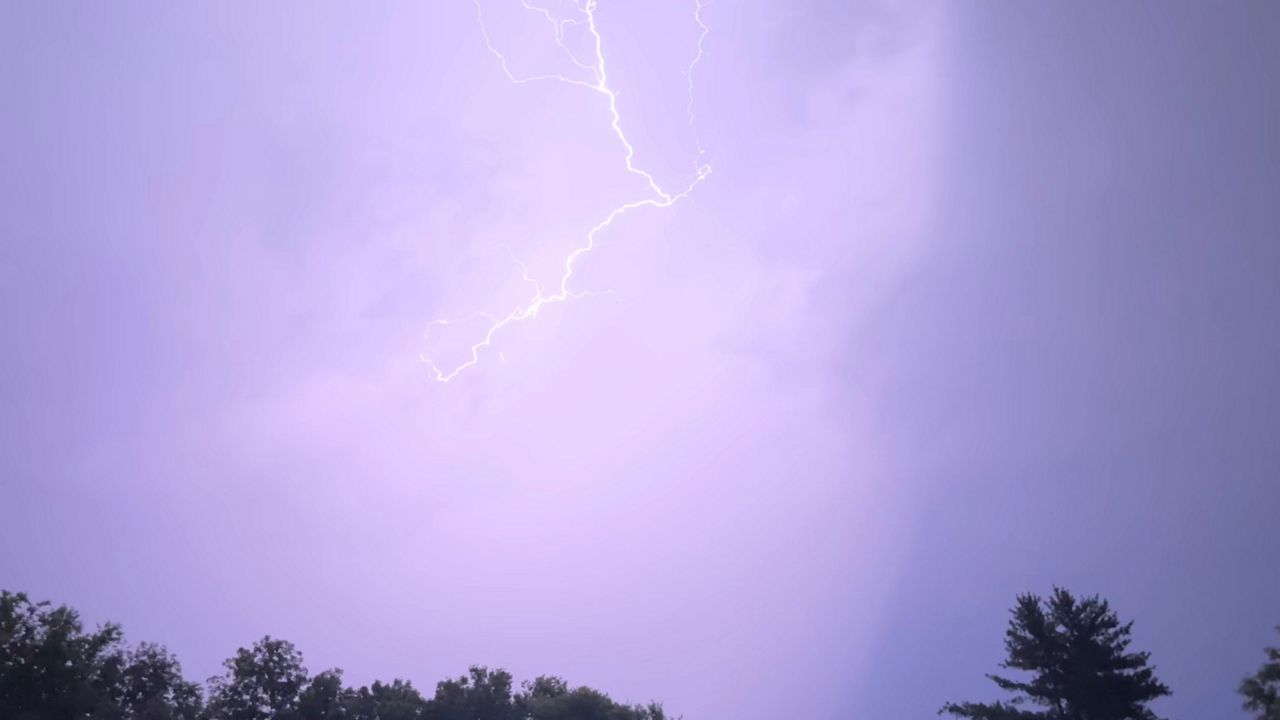ST. LOUIS — On Friday, March 14, 2025, 12 tornadoes touched down in the greater St. Louis area, several of which tracked through the St. Louis suburbs. Areas like Bridgeton, Chesterfield, Arnold and O’Fallon, Ill., all sustained damage from an EF-1 to EF-2 tornado.
Living through an event like that can cause real storm anxiety.
Now fresh into the spring season, the risk for severe weather increases with many days ahead where threats from damaging winds, hail and even tornadoes exist. How do we manage those feelings every time severe weather is possible?
Jenny Hoffman, a licensed clinical social worker and therapist with Therapy and Wellness, explains that storm anxiety is real.
“Storm anxiety is any anxiety related to storms, including thunderstorms and tornadoes,” Hoffman said. Noting that in her practice in the St. Louis area, the most common storm anxiety she sees is related to tornadoes, with some clients having experienced them.
Although we can't eliminate the threat of severe weather, Hoffman says she uses certain techniques with her clients, including deep breathing and other mindfulness activities. She incorporates Cognitive-Behavioral Therapy (CBT) to help clients work through unhelpful/unrealistic thoughts about storms. If more severe, she will work with clients and medical professionals for medication management.
One way to reduce storm anxiety is to be prepared.
“Preparation should include where you will take shelter, several ways to gather information about impending storm information and warnings and plan for communicating with your family and loved ones," she said.
She also suggests practicing deep breathing, listening to music and doing grounding techniques.
To those that are processing the recent events of March 14, she recommends CBT and exposure therapy, a type of CBT where you slowly build yourself up to the sights and sounds of storms through recordings (like listening to the sounds of thunder).
Hoffman says there’s been an increase in recent years of people seeking mental health treatment for storm anxiety.
“I also see a normalization of mental health treatment in general. People are more comfortable seeking help and more open in sharing their experiences with others, especially children and teens. Human beings experience anxiety. However, if you feel the anxiety is impacting your everyday living, seek help from a mental health expert,” she said.
Our team of meteorologists dives deep into the science of weather and breaks down timely weather data and information. To view more weather and climate stories, check out our weather blogs section.
